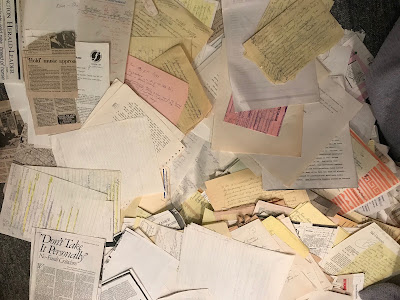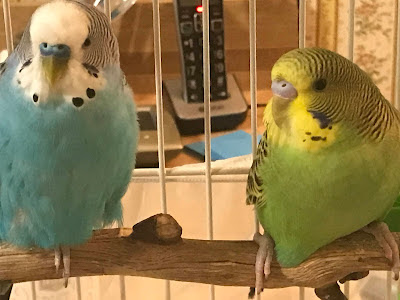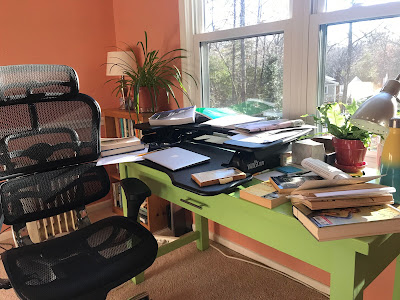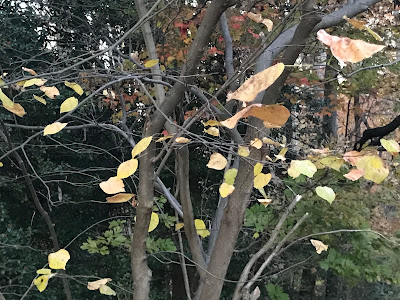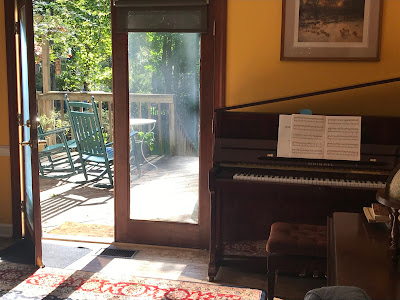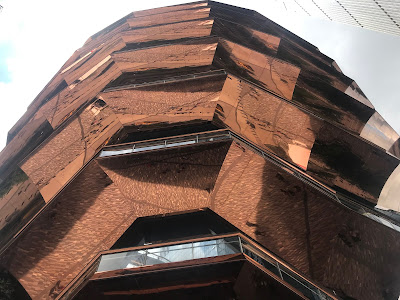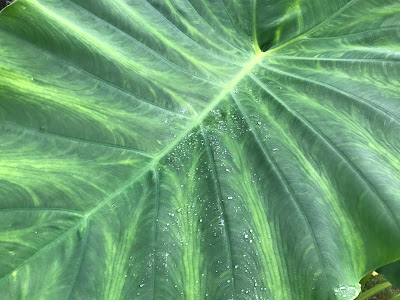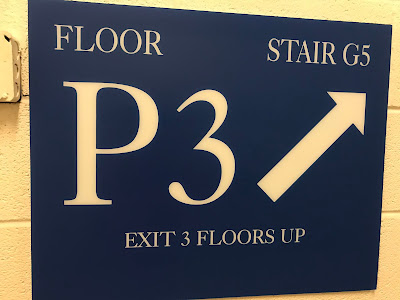Winnowing
I’m in a transitional generation, one that has both real and virtual clean-up duties. Not only do I need to tidy up my computer desktop, to create file folders and organize documents and photos within them, I must also deal with the hundreds of real file folders in cabinets in my basement. And those are much heavier.
They are also filled with gems: Long-ago memos, tattered and worn. Assignment letters from editors who were my mentors and also my friends. Reams of research. Pink “While You Were Away” phone message slips. Studies gathered the old-fashioned way, by going into a brick-and-mortar library, finding the journal and photocopying the pages.
And then there are the interview notes, all in my near-impossible-to-read scribble. I’ve tossed pounds and pounds of them, saving only the ones where I’ve spoken with dear friends or eminent experts.
As I winnow my way through each folder, I remember how hard I worked to assemble that information, conduct those interviews, take and process those notes. Which baby was I holding at the time? Which child was hanging on my leg? A part of me thinks I should leave these folders alone; they are too precious to process. But another part of me is greedy for space, for empty file drawers. And these days, that part is winning out.
